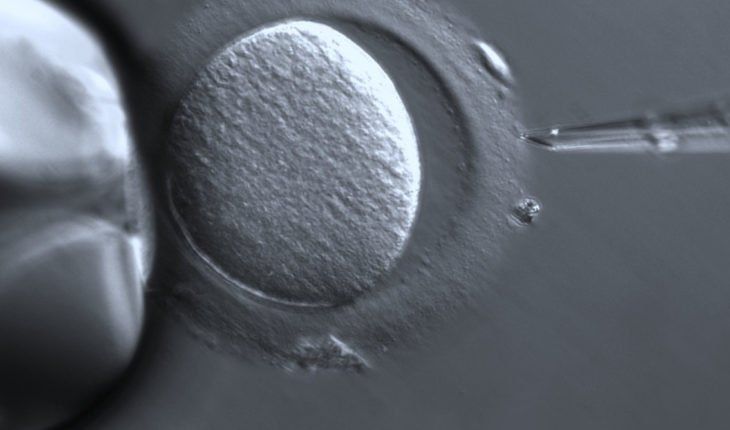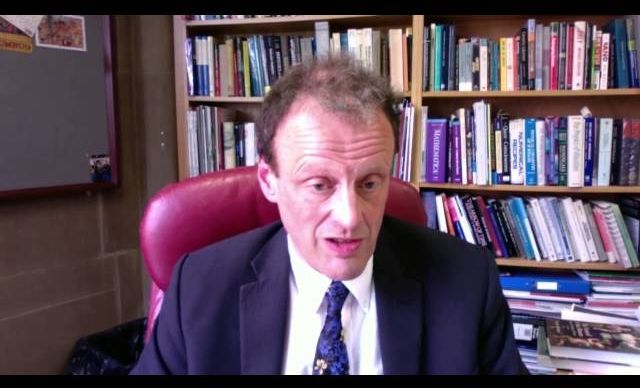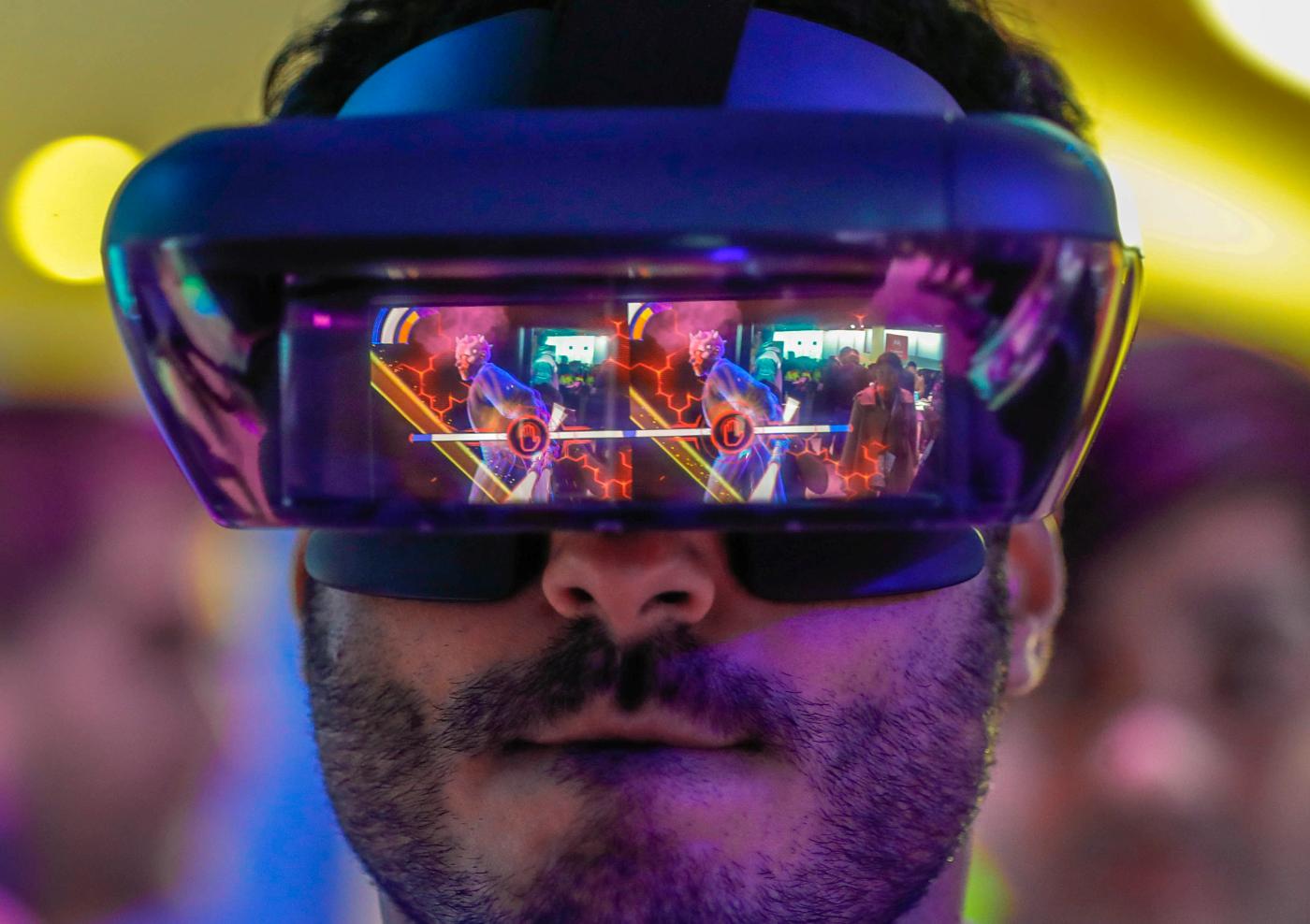The accelerating investment in artificial intelligence has vast implications for economic and cognitive development globally. However, AI is currently dominated by an oligopoly of centralized mega-corporations, who focus on the interests of their stakeholders. There is a now universal need for AI services by businesses who lack access to capital to develop their own AI services, and independent AI developers lack visibility and a source of revenue. This uneven playing field has a high potential to lead to inequitable circumstances with negative implications for humanity. Furthermore, the potential of AI is hindered by the lack of interoperability standards. The authors herein propose an alternative path for the development of AI: a distributed, decentralized, and democratized market for AIs run on distributed ledger technology. We describe the features and ethical advantages of such a system using SingularityNET, a watershed project being developed by Ben Goertzel and colleagues, as a case study. We argue that decentralizing AI opens the doors for a more equitable development of AI and AGIt will also create the infrastructure for coordinated action between AIs that will significantly facilitate the evolution of AI into true AGI that is both highly capable and beneficial for humanity and beyond.
Category: singularity – Page 69

Breaking Through to Next Levels of Technology
There have been some who have complained about the seeming lack of acceleration or slower than some have expected development of societal technology.
Richard Jones talks about lack of specific progress to diamondoid molecular nanotechnology or the appearance that we might not be on track to a technological singularity.



5 Technologies Bringing Healthcare Systems into the Future
If you think you’ve got a bad case of the travel bug, get this: Dr. John Halamka travels 400,000 miles a year. That’s equivalent to fully circling the globe 16 times.
Halamka is chief information officer at Harvard’s Beth Israel Deaconess Medical Center, a professor at Harvard Medical School, and a practicing emergency physician. In a talk at Singularity University’s Exponential Medicine last week, Halamka shared what he sees as the biggest healthcare problems the world is facing, and the most promising technological solutions from a systems perspective.
“In traveling 400,000 miles you get to see lots of different cultures and lots of different people,” he said. “And the problems are really the same all over the world. Maybe the cultural context is different or the infrastructure is different, but the problems are very similar.”
Are We Prepared For This… (See This Before it is Deleted 2018–2019)
Artificial intelligence: the singularity as the road to dystopia
On Finally Understanding The Matrix Sequels
The Singularity is Near.
The first 500 people to click this link get 2 months of Skillshare for free: http://skl.sh/justwrite5
Support the channel here: https://www.patreon.com/justwrite
For fifteen years, I’ve assumed that the Matrix Sequels were irredeemable failures. But looking back on them with fresh eyes reveals a pair of films that are exhilarating, interesting, and sometimes hilarious. In this video I try to make sense of these two movies, and what they have to say about free will and the systems that control society.
Join the community!
Website ▶ https://www.justwritemedia.com
Twitter ▶ https://www.twitter.com/SageHyden
Facebook ▶ http://ow.ly/6u9Z30iyp8J
Works Cited:

Virtual and augmented reality will change our sense of a shared reality
As the artificial brain races towards the singularity, what we often forget is the boost to human brainpower that will accompany it. As we increase our senses and perceptions, humans have a choice what to do with these new superpowers, that can be used to reinforce one’s tunnel vision of life or to ignore it.
This story is part of What Happens Next, our complete guide to understanding the future. Read more predictions about the Future of Fact.
Not everyone experiences the world in the same way. Whether it’s how you react to the results of an election or what tones you hear in a sound clip, observable reality is often not as objective as you think it is.
Emerging technologies such as augmented reality will further blur this line. With AR on mobile devices and head-mounted displays, we’re well within the start of what it means to live an augmented life. Humans are doing a lot of fun things right now, like integrating playful games into our world and painting ourselves with digitally applied effects and makeup. We’re also starting to find utility for AR in the workplace and with hardware designed specifically for the enterprise market.